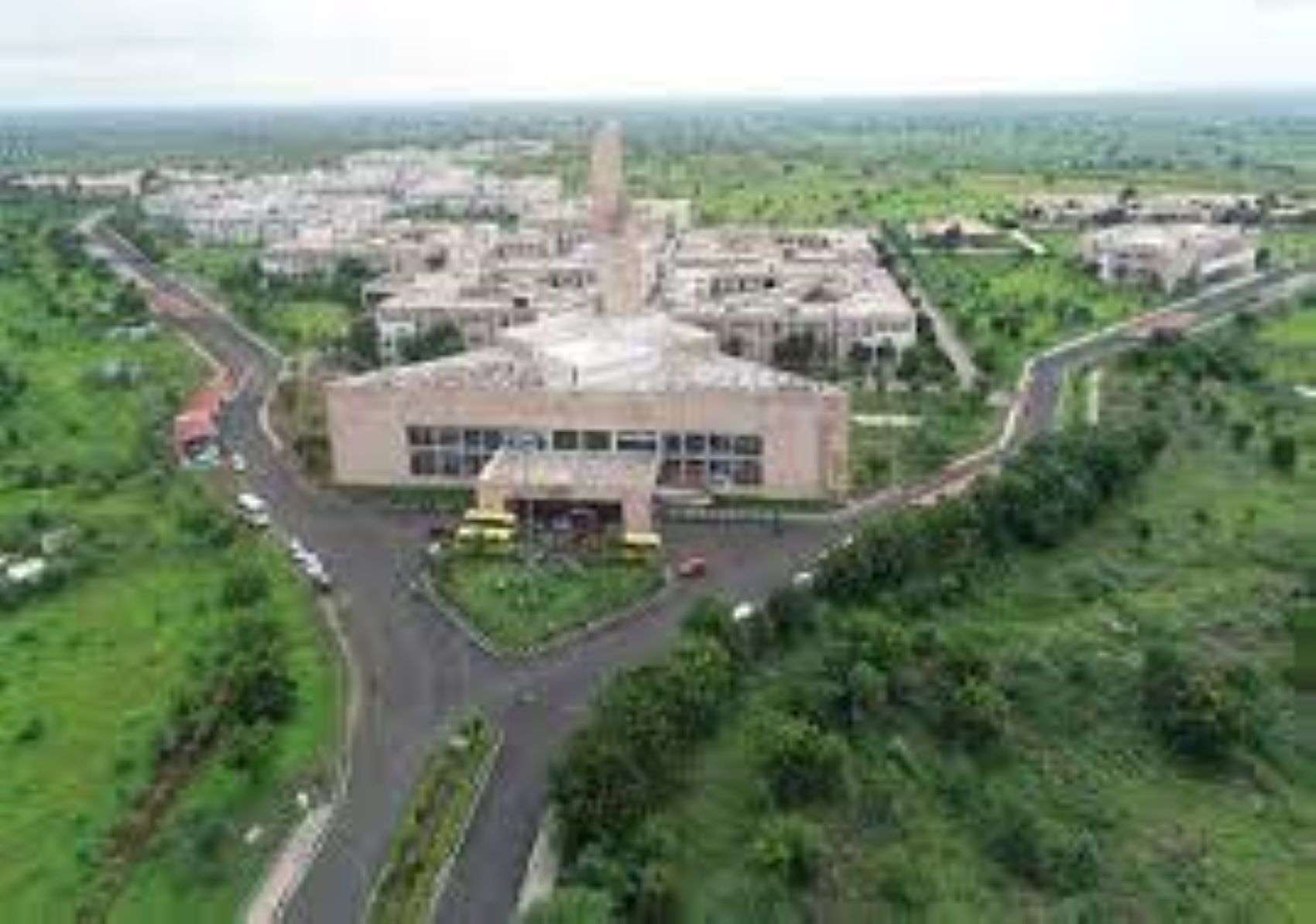June 5 is celebrated each year as World Environment Day to promote environmental awareness and protection. According to the United Nations, “the celebration of this day gives us the opportunity to broaden the bases of an informed opinion and responsible behavior of individuals, businesses and communities to preserve and improve the environment”. The day is celebrated with the participation of governments, businesses, celebrities and citizens to focus their efforts on a pressing environmental problem.
Historically World Environment Day was first observed in 1974 in the city of Spokane in the United States. In 1972, the United Nations General Assembly established World Environment Day on the first day of the Stockholm Conference on the Human Environment. Two years later, in 1974, the first WED was performed with the theme “Only One Earth”. Although the celebration of Environment Day has been held annually since 1974, in 1987, the idea began to turn the center of these activities by selecting different host countries.
World Environment Day – 2020 Theme
In 2020, the theme is biodiversity, an urgent and existential concern. Recent events, from forest fires in Brazil, the United States, and Australia to locust infestations in East Africa, and now the coronavirus pandemic, demonstrate the interdependence of humans and life webs. where they exist Every World Environment Day is organized by a different country, where official celebrations take place. This year’s host is Colombia in association with Germany. The day is celebrated by committing governments, companies, celebrities and citizens to focus their efforts on an urgent environmental problem.

World Environment Day timeline since 2010
| Year | Theme | Remarks |
| 2010 | ‘Many Species. One Planet. One Future’ | Hosted in Rwanda, it celebrated the diversity of life on Earth as part of the 2010 International Year of Biodiversity. |
| 2011 | Forests — Nature At Your Service. | The world environment day of 2011 was hosted by India |
| 2012 | Green Economy | The celebrations were held in Brazil. |
| 2013 | Themed on the footprint of food, under the slogan “Think, Eat, Save”. | The UN reminded us that one third of all food produced fails to make it from farm to table, which means 1.3 billion tonnes of food, worth 1,000 billion dollars, are wasted. This amount would be enough to feed the 870 million people suffering from hunger around the world, as well as reduce CO2 emissions significantly. |
| 2014 | “Raise your Voice not the Sea Level!” | 2014 was dedicated to the sea, under the theme “Raise your Voice not the Sea Level!” in order to raise awareness on the problems island nations are facing due to rising sea levels, hosted at Barbodas. |
| 2015 | “Seven Billion People. One Planet. Consume with Care” | In 2015, WED was hosted by Milan, Italy, under the theme “Seven Billion People. One Planet. Consume with Care”. That year, WED was the most popular subject on Twitter in more than 20 countries. |
| 2016 | “Zero tolerance for the illegal trade in wildlife” | hosted by Angola, |
| 2017 | “Connecting People with Nature” | to highlight the crucial role we play in protecting the planet, to which we are closely linked and depend on, with official celebrations taking place in Canada. |
| 2018 | “Beat Plastic Pollution” | hosted by India |
| 2019 | “Beat Air Pollution”, | an issue chosen by China, a country deeply affected by this environmental problem. |
People depend on biodiversity in their daily lives, in ways that are not always apparent or appreciated. Human health ultimately depends on ecosystem products and services (such as the availability of fresh water, food, and fuel sources) that are necessary for good human health and productive livelihoods. Biodiversity loss can have significant direct impacts on human health if ecosystem services are no longer sufficient to meet social needs. Indirectly, changes in ecosystem services affect livelihoods, incomes, local migration, and sometimes can even cause political conflict.
Furthermore, the biophysical diversity of microorganisms, flora and fauna provides in-depth knowledge that has important advantages for the biological, health and pharmacological sciences. Important medical and pharmacological discoveries are made through a better understanding of Earth’s biodiversity. Loss of biodiversity can limit the discovery of potential treatments for many diseases and health problems.










More Stories
Registration for CLAT 2025 begins today; last date October 15
CLAT 2025 registration will begin on July 15
Delhi University 5 Year Law Programs Registration Begins